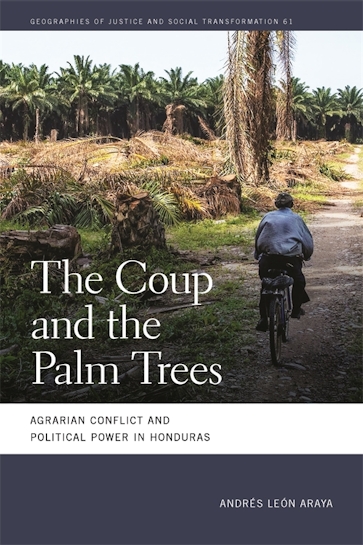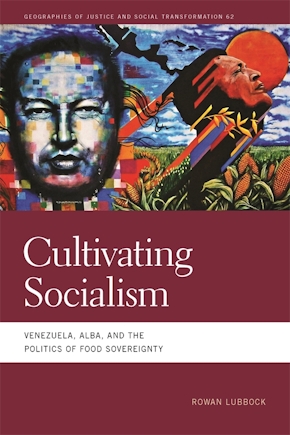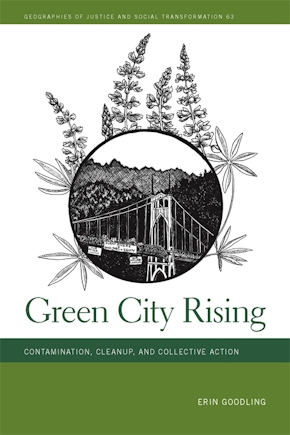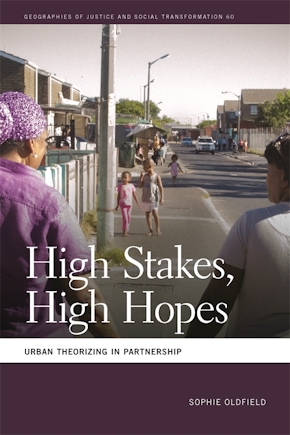The Coup and the Palm Trees
Agrarian Conflict and Political Power in Honduras
Title Details
Pages: 240
Illustrations: 6 b&w images
Trim size: 6.000in x 9.000in
Formats
Paperback
Pub Date: 10/01/2023
ISBN: 9-780-8203-6537-4
List Price: $29.95
Hardcover
Pub Date: 10/01/2023
ISBN: 9-780-8203-6536-7
List Price: $114.95
eBook
Pub Date: 10/01/2023
ISBN: 9-780-8203-6538-1
List Price: $29.95
eBook
Pub Date: 10/01/2023
ISBN: 9-780-8203-6539-8
List Price: $29.95
Subsidies and Partnerships
Related Subjects
SOCIAL SCIENCE / Human Geography
POLITICAL SCIENCE / World / Caribbean & Latin American
The Coup and the Palm Trees
Agrarian Conflict and Political Power in Honduras
How the complex history of an agrarian region transformed existing power hierarchies
Skip to
- Description
- Reviews
“If they are going to kill us anyway, we might as well die in our lands.” With these words and a shrug of shoulders, a leader of the Unified Peasant Movement of the Aguán (MUCA) explains their decision to occupy more than 20,000 hectares of oil palm plantations in the Bajo Aguán region in Northern Honduras after the military coup that ousted President Manuel Zelaya on June 28, 2009.
The Coup under the Palm Trees interrogates the Honduran present, through an exploration of the country’s spatiotemporal trajectory of agrarian change since the mid-twentieth century. It tells the double history of how the Aguán region went from a set of “empty” lands to the centerpiece of the country’s agrarian reform in the 1980s and a central site for the palm oil industry and drug trade, while a militarized process of state formation took place between the coups of 1963 and 2009. Rather than a case of failed democratic transition, the book shows how the current Honduran crisis—exemplified by massive outmigration towards the United States, blatant narco-state links, and the 2009 coup—is better understood within longer historical processes in which violence, exclusion, and dispossession became the central organizational principles of the state.
—John Soluri, author of Banana Cultures: Agriculture, Consumption, and Environmental Change in Honduras and the United States



